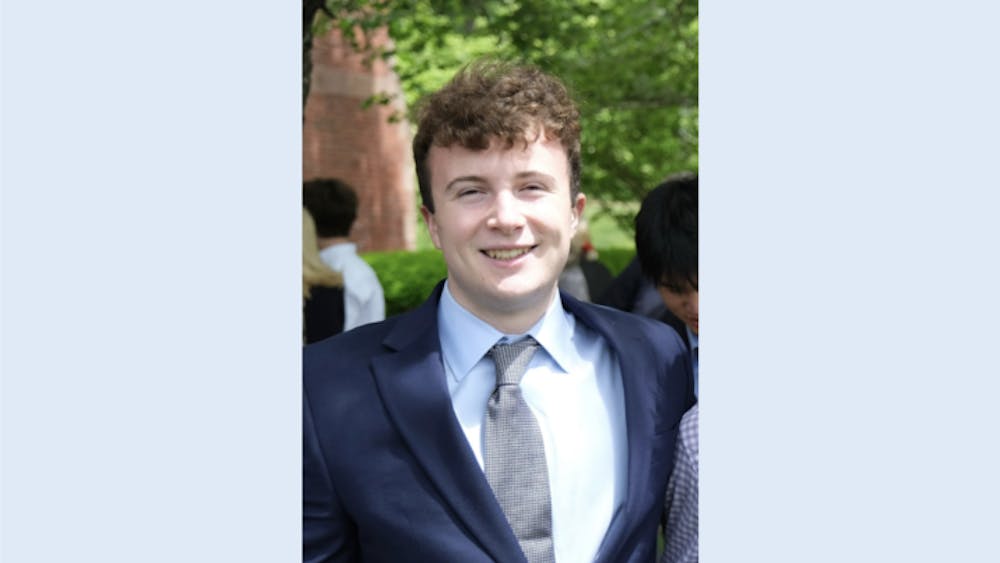Looking back on the 2018-19 Cornell men’s hockey season, an array of tough moments comes to mind. A slow start. Injuries galore. Heartbreaking overtime losses. Yet despite it all, the Red finds itself in exactly the same position it found itself in a year ago after its record-breaking 2017-18 season: two wins away from the Frozen Four. Granted, the road here wasn’t as flashy this time around, and the team’s efforts were only good enough to earn a No. 3 seed in the regional — as opposed to last year’s No. 1 spot. But there’s plenty to be impressed about with a team that has now made the NCAA Tournament for the third straight season — a first in the 24-year tenure of head coach Mike Schafer ’86. “It’s difficult to get here,” Schafer said. “We don’t even have scholarships. You look at other programs, they got full-time chefs for their team at the rink, they have scholarships and all these unbelievable facilities. They have every advantage in the world, and yet our guys have been able to get there three years in a row. It’s a heck of an accomplishment.” For all the difficulties Cornell has faced this season, perhaps no outcome was more frustrating than the team’s heartbreaking overtime loss to Clarkson in the ECAC championship game at Lake Placid last weekend. A game that was riddled with oddities and errors culminated in two officiating gaffes that ultimately sent Cornell back to Ithaca empty-handed. First, the Cornell net fell on the back of sophomore goaltender Matt Galajda without completely coming off its posts. The officials did nothing as Galajda, his teammates and even a Clarkson player tried to help the reigning first-team All-American out of his predicament. When a whistle finally came, Galajda had injured his knee and had to leave the game. Schafer said he is now unlikely to start this weekend.
“The strange play is the frustrating part of it,” Schafer said. “It’s frustrating how it happened. It didn’t happen in the normal sense of a hockey play … It shouldn’t have happened — it was preventable.” In relief of his injured classmate, Austin McGrath had just over three minutes to get warmed up in the net before Clarkson forward Kris Klack took advantage of the fact that the backup netminder had not yet broken a sweat and buried the game-winning goal to clinch the Whitelaw Cup for the Golden Knights. To add insult to injury, the officials had missed an obvious offsides call that was not reviewable under the current review rules. All told, it looks as though McGrath will find himself thrown into the fire once again this weekend — a position he’s been in a few times this year already. “It’s nice to get on a stage like that and have an opportunity to play,” McGrath said. “I’m just going to approach it like another game, try not to get too worked up about it or anything, just be calm and go out there and do what I can.” The sophomore from Lloydminster, Alberta, found himself in net in Cornell’s first two games against Michigan State, after Galajda fell victim to an inauspicious start to the 2018-19 season. After an injury sidelined Galajda later in the season, McGrath earned a goals against average of 2.15 and a save percentage of .919 over the course of nearly 420 minutes — some of which were among the season’s biggest moments. “He played against Harvard, which has got a lethal power play, and he was outstanding at Harvard,” Schafer said of McGrath’s performance in the team’s turning-point game of the year.ICYMI, here's the sequence that left Galajda injured: net tipped forward on its moorings, skate got caught in the netting and he tweaked his knee trying to get free. He remained in the game for a few mins before taking himself out. pic.twitter.com/eeYLDe9YyQ
— Zachary Silver (@zachsilver) March 26, 2019












